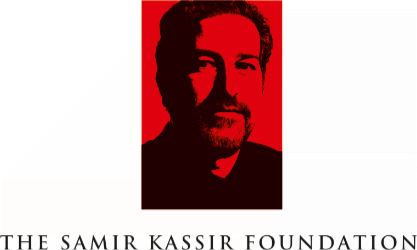Radio Liban Libre

Radio of the Lebanese Forces, Radio Liban Libre (RLL) was founded in the summer of 1978 by a decision of Bachir Gemayel, the founder of the Lebanese Forces who was elected President of the Lebanese Republic in 1982 but was assassinated before taking office. Sejaan Kazzi (who served as Labor Minister from 2013 to 2016) was the radio’s first director. RLL obtained its license in 1996, after playing a political and media-centered role during the civil war, voicing the views of the Lebanese Forces. It is currently one of the Lebanese Forces’ media outlets, and it is broadcast via shortwaves on: 102.3, 102.5, and 102.7 FM, covering various areas of Lebanon and some areas of neighboring countries. It provides news bulletins, as well as political, economic, social and sports programs, music and songs. It is currently run by Antoine Mrad.
Audience Share
9.7%
Ownership Type
Private
Geographic Coverage
National
Content Type
Free Content
Media Companies / Groups
Liban Libre pour la Production et la Diffusion SAL
Ownership Structure
RLL presents itself as the official radio station of the Lebanese Forces political party. Its license to broadcast is owned by Liban Libre pour la Production et la Diffusion SAL, which has 17 co-owners, including 11 officials of the Lebanese Forces party, among them the late Makarios Salamé (10%, former Central Committee member of the party), Elie Khalil (10%, the channel's lawyer), Antoine Mrad (10%, advisor to the President of the Lebanese Forces), Tony Sleiman (10%, RLL Programs Director), and Antoine Khoueir (10%).
Voting Rights
Missing Data
Individual Owner
General Information
Founding Year
1978
Founder
The Lebanese Forces, a Lebanese Christian political party and former militia.
Ceo
Edgar Majdalani
Editor-In-Chief
Elie Harb
Contact
Financial Information
Revenue (in Mill. $)
Missing Data
Operating Profit (in Mill. $)
Missing Data
Advertising (in % of total funding)
Missing Data
Market Share
Missing Data
Further Information
Meta Data
Audience share for radio stations is based on IPSOS data (Q1, Q2 and Q3 of 2017).




